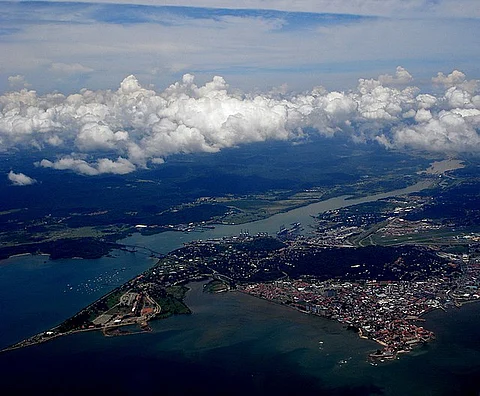

Panamanian authorities suspended mobile and residential internet services across Bocas del Toro province Saturday following President José Raúl Mulino’s declaration of a state of emergency. The 72-hour communications blackout, exempting only hospitals, businesses, and government agencies, aims to quell two months of anti-government unrest that turned deadly this week. Mulino’s decree additionally suspended constitutional rights to assembly and movement in the volatile western region, where protesters have blockaded roads and vandalized critical infrastructure, including Changuinola’s airport.
The crisis stems from April strikes by banana workers at U.S.-owned Chiquita facilities, protesting congressional pension reforms that extend retirement ages. After Chiquita fired thousands of striking employees, unions suspended demonstrations last week—but new groups escalated tactics. On Thursday, hooded protesters looted businesses and set fire to a baseball stadium where police were stationed, leaving one civilian dead, 13 officers injured, and over 100 arrested. The National Police reported seizing Molotov cocktails and firearms during raids on protest camps.
Beyond labor disputes, Mulino faces widespread anger over an April agreement with U.S. President Donald Trump permitting American troops to deploy along the Panama Canal. Critics condemn the move as a sovereignty violation reminiscent of 20th-century U.S. interventions. The U.S. Embassy issued a travel ban for government personnel Friday, warning Americans to avoid Bocas del Toro "until further notice."
Mulino deployed 1,500 security forces to dismantle barricades, asserting the emergency measures "guarantee public order." However, the internet suspension drew condemnation from digital rights groups. Access Now’s Laura Ochoa called it "collective punishment," noting Panama’s history of using blackouts to suppress dissent. The UN Human Rights Office urged restraint, reminding Panama that "disruptions to communication services must comply with necessity and proportionality principles."